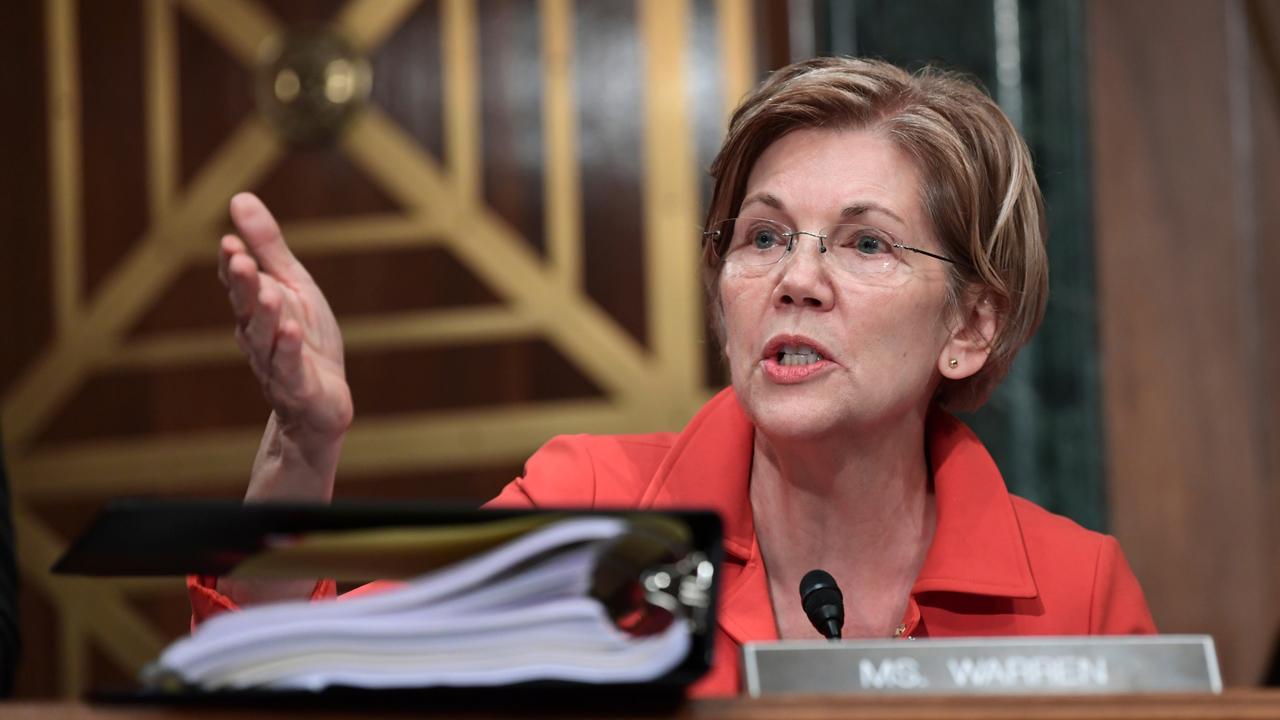Why did Gillibrand, Warren launch presidential exploratory committees?
In what’s expected to be a crowded primary race to capture the Democratic nomination for the 2020 presidential election, a slew of high-profile candidates have already seemingly thrown their hats in the ring, including Elizabeth Warren, Kirsten Gillibrand, Julián Castro and Kamala Harris.
Unlike Harris, however, Warren, Gillibrand and Castro all have something in common: Instead of announcing their run for president, the candidates announced their intent to explore a run for president via a presidential exploratory committee. (Castro announced his candidacy formally less than two weeks after setting up the exploratory committee.)
Although the intent is essentially the same – the three Democrats are all but certainly running for president – the exploratory committee varies in a few key ways, including looser rules for reporting to the Federal Election Commission (FEC).
Candidates, for instance, are allowed to start raising and spending money on campaign activities exclusive to “testing the waters” (like polling and outreach), according to the FEC.
Exploratory committees aren’t required to file reports with the FEC until the candidate’s campaign becomes “official,” which happens when they make or authorize statements that refer to themselves as candidates; use general public political advertising to publicize their intent to campaign; raise more money than was “reasonably" needed; conduct activities over a protracted period of time or take action to qualify for the ballot.
But until candidates engage in any of these activities, they don’t have to submit finance reports to the FEC. (And if they never decide to run, they never have to report those funds, according to The Atlantic). In 2007, when then-Sen. Barack Obama was campaigning for president, he set up an exploratory committee, raking in nearly $7 million in the month before he officially announced.
Some of the same rules still apply. Candidates are still prohibited from collecting money from corporations, labor unions, foreign nationals and federal government contractors. There’s also still campaign contribution limits, capped out at $2,700 for an individual.
CLICK HERE TO GET THE FOX BUSINESS APP
In fact, one of the real benefits to an exploratory committee, according to Vox, is that candidates will get two news cycles to raise their profile with voters -- once when they announce their exploratory committee, and again when they officially announce.




















